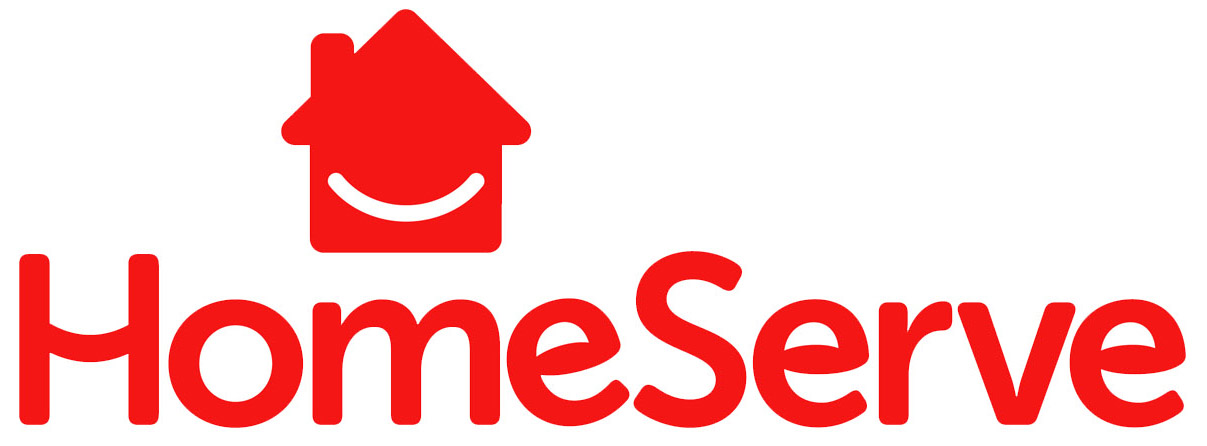Can you tell us a little bit about what the Sustainable Cities Institute (SCI) at NLC is responsible for?
Our goal is to inform, support, and celebrate city-led sustainability initiatives. The SCI team educates and helps to develop the leadership skills of local elected officials in sustainable energy, water, transportation and other policies. A lot of our time is spent working directly with the officials and their staff that make up the NLC membership.
What are some of the projects in process?
Everything we do is to help cities lead on climate action. NLC helped launch the “We Are Still In” campaign for cities, businesses, universities, and other stakeholders who still uphold the U.S. commitment to the Paris Climate Agreement, and reinforcing that kind of leadership is the most fundamental part of the whole program.
Our two main projects are SolSmart and the Leadership in Community Resilience program. SolSmart provides recognition and assistance to local governments to develop their solar markets and provide cheaper, cleaner energy to citizens. The program covers everything from permitting, construction codes, zoning, financing, utility coordination, and consumer education and has already designated over 100 cities for their efforts.
Our Community Resilience program has established a network of 10 cities and provided them each with grants and technical support to help implement a portion of their local sustainability or climate action plan. This program has been running a little over one year and we hope to invite a new round of communities to participate in 2018.
What are some highlights/recent successes?
At the end of September we celebrated our 100th community to be designated through the SolSmart campaign. I’m confident that we’re making a real impact by reducing the cost and delay of new photovoltaic solar panel installations in communities nationwide and helping the U.S. become a leader in renewable energy.
We also had a very successful Resilient Cities Summit in July. The event is run in partnership with the Urban Land Institute and the US Green Building Council to connect mayors, builders, developers, financiers, planners, and other experts to discuss what each of these sectors needs in order to be truly sustainable in economic, environmental, and social terms.
What is the difference between sustainability and resilience? Can cities be pursuing both at the same time?
This question comes up a lot. I like to say that sustainability is primarily about reducing your impact on the environment, while resilience is about reducing the environment’s impact on you. It’s not perfect, but thinking about it this way allows decision makers to set goals and evaluate trade-offs. For example, if you’re upgrading a building to be safer in earthquake or hurricane zones, can you add some efficiency features and use utility savings to finance the project? Then, are there local policies that help with that kind of holistic approach? I think it’s absolutely necessary to pursue both at the same time because it gives you more complete information to make long-term policy or investment decisions.
What are some ways cities can get more involved/committed to sustainability?
The first thing is to get more involved with the National League of Cities. Elected officials have such a tough job to be educated in so many aspects of running a city and we’re helping make them better leaders all around. After that, sustainability is no different from any other issue. Cities can identify and reach out to local civic associations that are interested in sustainability. Ask them what their top priorities are, what the city can do, and what they can offer in support.

How Much Are Water Leaks Costing You and Your Customers?
Aside from wasting a tremendous amount of water, leaking water and sewer lines can result in unexpected high water bills and repair emergencies for which your customers are unprepared. Leaks are also costly to the utility, leading to lost revenue, bad debt and...
